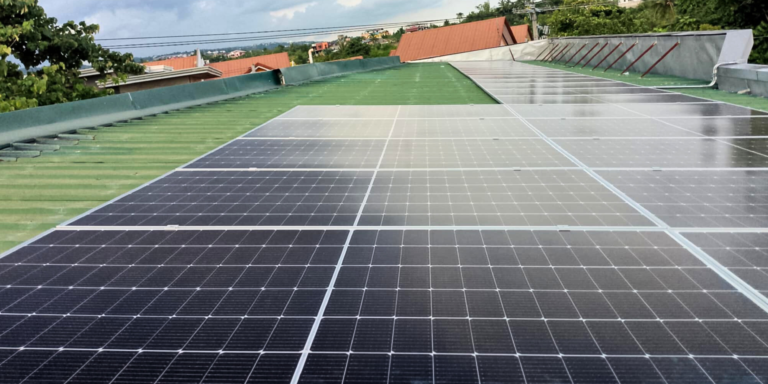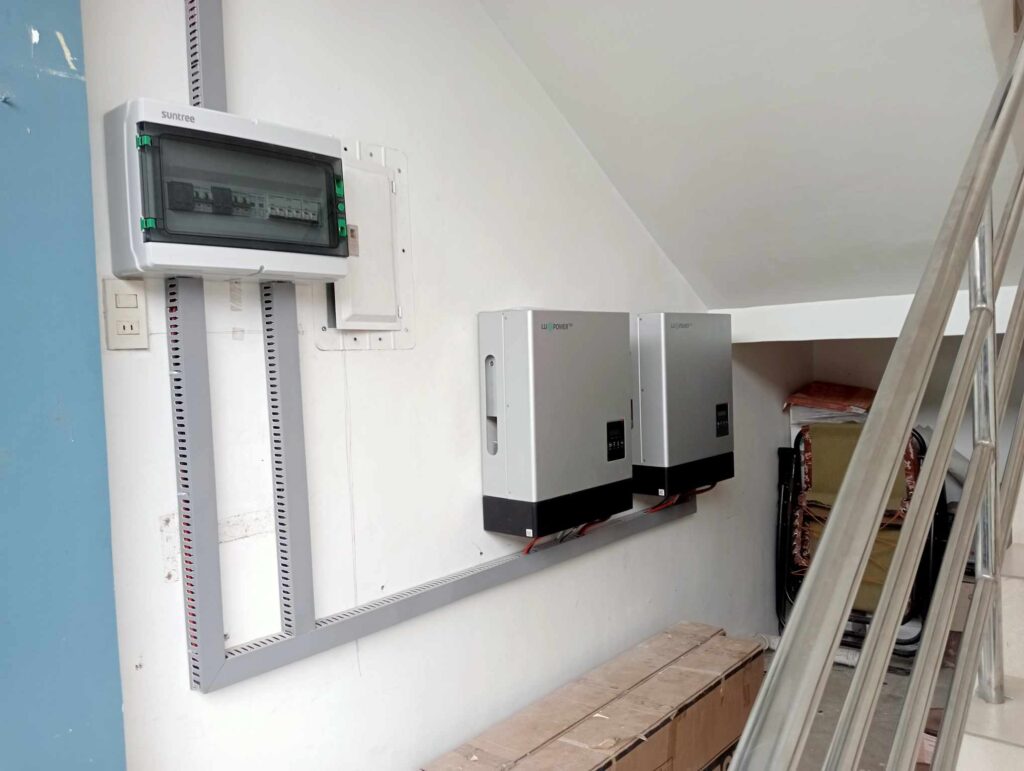
The Environmental Impact of Solar Power in Cebu and the Philippines
As Cebu and the rest of the Philippines shift towards renewable energy, solar power has emerged as a leading solution to environmental challenges caused by fossil fuel dependency. While much is said about its economic benefits, the environmental impact of solar power is a critical factor driving its adoption. From reducing carbon emissions to minimizing land and water use, solar energy plays a crucial role in mitigating environmental degradation in the country.
Reducing Carbon Footprint and Air Pollution
The Philippines remains heavily reliant on coal and natural gas for power generation. In 2023, around 57% of the country’s electricity came from fossil fuels, contributing to millions of tons of carbon dioxide (CO₂) emissions annually. Cebu, with its growing population and industrial expansion, significantly contributes to this pollution.
By transitioning to solar power, households and businesses in Cebu can significantly cut their carbon footprint. A 5-kilowatt solar system can reduce CO₂ emissions by about 6,000 kg per year, equivalent to planting approximately 300 trees annually. When adopted on a larger scale, solar energy can drastically decrease air pollution, improving overall air quality.

Combating Climate Change and Extreme Weather
The Philippines is one of the most climate-vulnerable countries, facing typhoons, rising sea levels, and extreme heat. Greenhouse gas emissions contribute to these worsening weather conditions, making the shift to cleaner energy sources urgent. Cebu, an island province, is particularly at risk, with coastal areas facing flooding and erosion due to rising sea levels.
Solar power significantly reduces reliance on coal-fired power plants, which are among the largest contributors to global warming. A shift towards solar energy means fewer emissions of methane, sulfur dioxide, and nitrogen oxides, which all contribute to global temperature rise and extreme weather events.
Lowering Water Consumption in Energy Production
Unlike coal and natural gas plants, which require vast amounts of water for cooling and steam generation, solar panels use no water to generate electricity. The traditional power sector is one of the largest consumers of freshwater, competing with agricultural and residential use.
In a country like the Philippines, where water shortages are becoming more frequent, reducing water consumption in energy production is crucial. By investing in solar, Cebu can conserve thousands of liters of water annually, ensuring better water security for future generations.
Reducing Land and Habitat Destruction
One of the overlooked environmental benefits of solar energy is its minimal impact on land and ecosystems compared to conventional energy sources. Coal mining and fossil fuel extraction require large-scale deforestation, soil excavation, and ecosystem destruction, leading to habitat loss for wildlife.
In contrast, solar panels can be installed on existing rooftops, reducing the need for land conversion. Businesses and residential properties in Cebu can generate their own electricity without disrupting local ecosystems. Large-scale solar farms, when planned responsibly, can also use previously degraded land, preventing further environmental harm.
Solar Panel Recycling and Waste Management
While solar power has significant environmental advantages, its sustainability depends on proper recycling and waste management of solar panels. Most solar panels last 25 to 30 years, after which they require proper disposal or recycling.
Currently, the Philippines lacks an extensive solar panel recycling program, raising concerns about electronic waste in the future. However, companies and organizations are working towards sustainable solutions, such as reusing panel components and developing better end-of-life management systems. Cebu, being a growing hub for solar installations, must prepare for this challenge by promoting eco-friendly disposal methods.
A Cleaner Future for Cebu
The environmental impact of solar power in Cebu extends beyond reducing electricity bills—it is a key solution to air pollution, climate change, water conservation, and habitat preservation. By choosing sustainable solar energy, businesses and homeowners contribute to a cleaner, healthier Cebu while ensuring long-term environmental security.
For those looking to make the switch, partnering with a trusted solar installer, like Suntech, ensures quality installation, long-term efficiency, and proper after-sales support. Investing in solar today means securing a greener and more sustainable future for Cebu and the entire Philippines.
Want to learn more about solar power and how it can help you and community? We do free solar webinars for home owner associations and other organizations, you may reach out to us through Facebook or call us at 𝟬𝟵𝟭𝟳 𝟳𝟮𝟮 𝟳𝟬𝟬𝟰.
